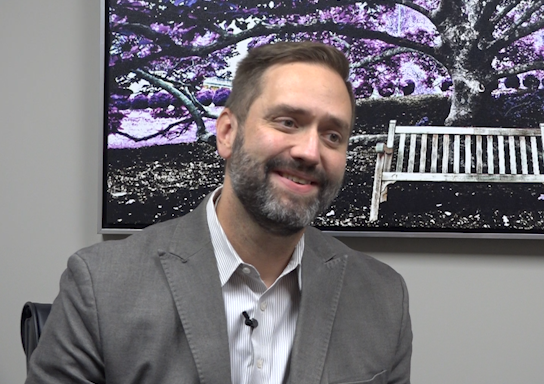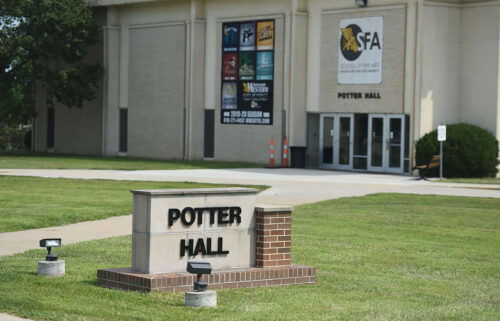Financial experts remind students to act carefully with refund checks

By Jazmine Knight
As college students start to get into the swing of the semester, some may notice an unexpected deposit in their bank account.
Refund checks come when students take out a loan for a certain amount of money to cover the cost of school but the loans exceed the school bill. The additional loan money is then “refunded” to the student.
That extra money can look tempting to the average college student who struggles with saving money. Some use portions of the money on nonessential items.
“Clothes and shoes,” said Kaylie Humphries, Missouri Western State University junior. “Coffee is a big one.”
Alex Thompson, a senior, said his spending weakness is food.
“There’s so many nights I wanted to just go to Panda Express and spend 35 bucks on a family meal to last me a whole weekend,” he said.
Nick Gertsema, CEO of Gertsema Wealth Advisors, said the biggest thing about borrowing money is realizing that at some point, it has to be paid back.
“Number one is, you can just send it back to the loan company so you don’t have to pay any interest on it,” Gertsema said. “The other thing is … you want to make sure you’re paying yourself first.”
Gertsema is referring to creating a safety net.
“When you’re in college, what you’re trying to do is set a solid foundation for your financial future, and you don’t want any major missteps,” he said.
Gertsema said many college students justify taking out loans by relying on a future job where they’ll make enough to comfortably pay off the loan. But it can set students up for a longer, harder process in the future.
“But what they’re doing is they’re going to pay a lot of interest on it,” Gertsema said.
Humphries said one of her biggest struggles as a college student is just affording college itself. She works three jobs on top of her course load, making her schedule very hectic. She said oftentimes she wants to just dip into her savings to help out, but instead, she uses self-discipline to refrain.
“I have to remind myself every day, like in order to pay for school, that’s what the savings is for, so you can’t touch that,” she said.
Creating a savings account is a good start to financial responsibility. Gertsema also advises students to start building their 401k or create a Roth IRA through jobs.
“The idea behind it is, you’re not getting the tax benefit now when it’s worth this much and you’re paying little in taxes,” Gertsema said. “You want to grow it. And then when you’re 59.5, when you’re actually making more money, you can tap into that money tax-free.”
For Thompson, he saved money by utilizing student resources.
“Freshman and sophomore year, I lived in the dorms,” he said. “I had meal plans, all access for the first two years and then I had flex (dollars).”
Thompson encourages students that are able to to work and save as much money as they can before going to college. From there, students have to work on discipline, getting used to putting money into savings and leaving it alone.
“You lived different from everyone else now, so you can live different from everyone else in the future,” said Thompson, as he quoted Dave Ramsey, a radio host who is well-known for his financial advise.
Other tips include avoiding random credit cards. According to Gertsema, one of his biggest regrets was opening a credit card in college over spring break. He warns that most credit card companies want students to blow their refund money on frivolous purchases.
“They’ll try to sell you that. It’s going to be okay,” Gertsema said.
For current or future college students, Humphries also said to start saving early.
“Save while you’re in high school, while you can, before you have to pay for school,” she said. “Just focus on school coming first and like those other things you can buy later in life.”
Humphries has created a routine for when she gets paid.
“I always put a portion into my savings for school and then I have some that I just can spend,” Humphries said.
Thompson suggests having dedicated budgets for things like gas and food. Students can also use on-campus resources such as flex dollars or the Campus Cupboard.
“Participate in campus things, usually you can get a couple cheeseburgers out of it,” he said.
Gertsema advises students who aren’t as financially literate to get financial advice from trusted officials. If a financial opportunity looks too good to be true, then it probably is.
“Be more focused on setting up a foundation for a financial future than trying to make a bunch of money, because the missteps early on are going to really derail your credit,” he said.
This could impact chances of purchasing a car, getting an apartment or getting a house.



